For anyone coming here using newer versions of pytest, there is built in parametrizing: https://docs.pytest.org/en/6.2.x/parametrize.html . As it is showed in documentation, when using this your test will be divided in multiple tests. This example is extracted from there, one test is seen as three tests.
import pytest
@pytest.mark.parametrize("test_input,expected", [("3+5", 8), ("2+4", 6), ("6*9", 42)])
def test_eval(test_input, expected):
assert eval(test_input) == expected
Result:
$ pytest
=========================== test session starts ============================
platform linux -- Python 3.x.y, pytest-6.x.y, py-1.x.y, pluggy-1.x.y
cachedir: $PYTHON_PREFIX/.pytest_cache
rootdir: $REGENDOC_TMPDIR
collected 3 items
test_expectation.py ..F [100%]
================================= FAILURES =================================
____________________________ test_eval[6*9-42] _____________________________
test_input = '6*9', expected = 42
@pytest.mark.parametrize("test_input,expected", [("3+5", 8), ("2+4", 6), ("6*9", 42)])
def test_eval(test_input, expected):
> assert eval(test_input) == expected
E AssertionError: assert 54 == 42
E + where 54 = eval('6*9')
test_expectation.py:6: AssertionError
========================= short test summary info ==========================
FAILED test_expectation.py::test_eval[6*9-42] - AssertionError: assert 54...
======================= 1 failed, 2 passed in 0.12s ========================
